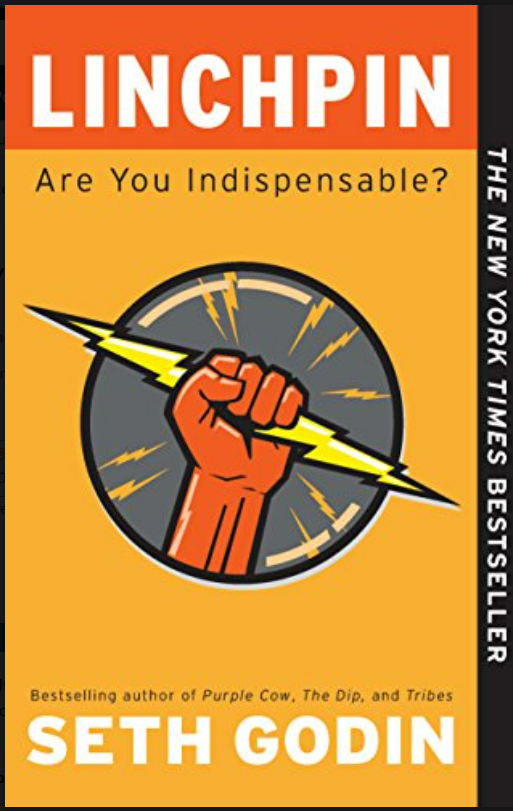Many industries suffer from invisibility. People working jobs that are very important, without anyone really knowing what it is that they do or what service they’re providing. And like H.G. Wells tells us in his science fiction novel, it’s tough to be invisible.

Ever wonder what it is an actuary does? How about a sonographer? And what about an industrial psychologist? We may or may not have heard of these jobs before, but (unless you just did a quick Google search) it’s likely most of us have no idea what it is that these people do for a living.
Just like being a home inspector.
It’s quite likely that whenever we’re making small talk with someone we’ve just met, and the conversation inevitably turns to our jobs, we’ve certainly gotten a blank stare when we tell them that we’re a home inspector. It usually takes a minute or two of explanation before they get it, and even then, we’re not so sure that they have any idea what we’re talking about.
We can see it in their eyes: why would anyone pay you to check out their new house when they can just do it themselves? People know why they go to the doctor. They realize the value provided by their auto mechanic. They understand why they need to hire a roofer.
But a home inspector? Well, that’s a gray area (at best.)
This lack of knowledge, this invisibility in the eyes of our potential clients, can be deadly. Why would anyone hire us if they have no idea what we do? Why would someone pay us for something they’re certain they can do themselves? And even when their agent talks them into using us, what type of customer satisfaction do we think we’re going to be working with if they think we’re just taking their money and doing a cute little song and dance?
Sounds like a recipe for disaster.
So, how do we make ourselves known? Is there anything we can do to increase our status and make our clients (and potential clients) aware of the value that we provide?
Thankfully, there is, and it’s all right there within our grasp.
All we need to do is let them know what it is they’re paying for. By providing some level of education to our clients, we can drastically improve our standing. If our clients know who we are and what we do, we stand a much better chance of enjoying a good outcome.
When our clients pay us for doing our job, but they have no idea what it is they’re paying for, we’re likely in for a rough ride. But when we make sure that they know what they’re getting, things suddenly get a whole lot easier.
So, how can we achieve this lofty goal?
By taking every available opportunity to educate our clients. At every touch point, at every junction, at every moment when we interact with them, we should be taking advantage of our time “on stage,” and using each of these opportunities to pass along our knowledge of the mystery that is a home inspection.
In our physical marketing (business cards, brochures, etc.) we should be educating our potential future clients on what it is we do for them. On our website, often our first opportunity to “directly” interact with a potential client, we should be offering up more than telling them who we are and how much we are going to charge them. We should be taking advantage of this digital opportunity to not only make them feel comfortable with who we are, but also teach them about what it is we do (and don’t do) when we’re inspecting their new home.
When we speak to them on the phone, we should try to find out what it is they’re assuming that we do and using this opportunity to assess their expectations and if needed, adjust them accordingly. If they’re expecting us to provide them with measurements of their house, identify their lot lines, and advise them on whether they’re getting a good deal on the price for their new home, now is the time to set things straight.
Strive not to be a success, but rather to be of value.
Albert Einstein
When we’re on site, doing the actual job of inspecting the house, we should be interjecting education into our rapport. We should make sure that we’re letting them know what it is that we’re doing (and not doing), establishing ourselves as an authority and proving to them that they’re getting incredible value for the price they’re paying.
In our digital correspondence, from the texts and emails that we send before the inspection to the follow up marketing we do after the job is done (you are sending texts and emails before and after the inspection, aren’t you?), we should be taking advantage of this time in front of our clients to further demonstrate our value. Provide them with information that explains the inspection process and establishes that we are there for them; ready, willing, and able to provide any assistance that they may need with questions about their report or their new home.
And in our inspection report, arguably our most important document, we should be working hard to show our value, making it plain for them to see that they made the right decision in hiring us for their inspection. By providing them with educational information about their new home, and not just a checklist of the deficiencies that we found, we can prove our value and reinforce the fact that they made the right decision in choosing us as their inspector.

Even though most of our clients have no idea what it is that we do for them, that doesn’t mean we need to keep it that way. By taking full advantage of the opportunities provided us by today’s digital world, we can help to set the record straight regarding the valuable job performed by your friendly neighborhood home inspector.
By using every available opportunity to educate our clients, teaching them what it is we do and the value that our product provides, we can help to spread the word about our industry. And by having better educated clients, maybe we’ll also be able to eliminate some future problems for ourselves at the same time.
That’s a win, win. And who doesn’t love a twofer?
Would you like to get an email every Friday where we share the newest things we’ve discovered about home inspections? CLICK HERE to sign up.
Want to be an Influencer in Your Field? Share This Post!
Thanks, Joe


